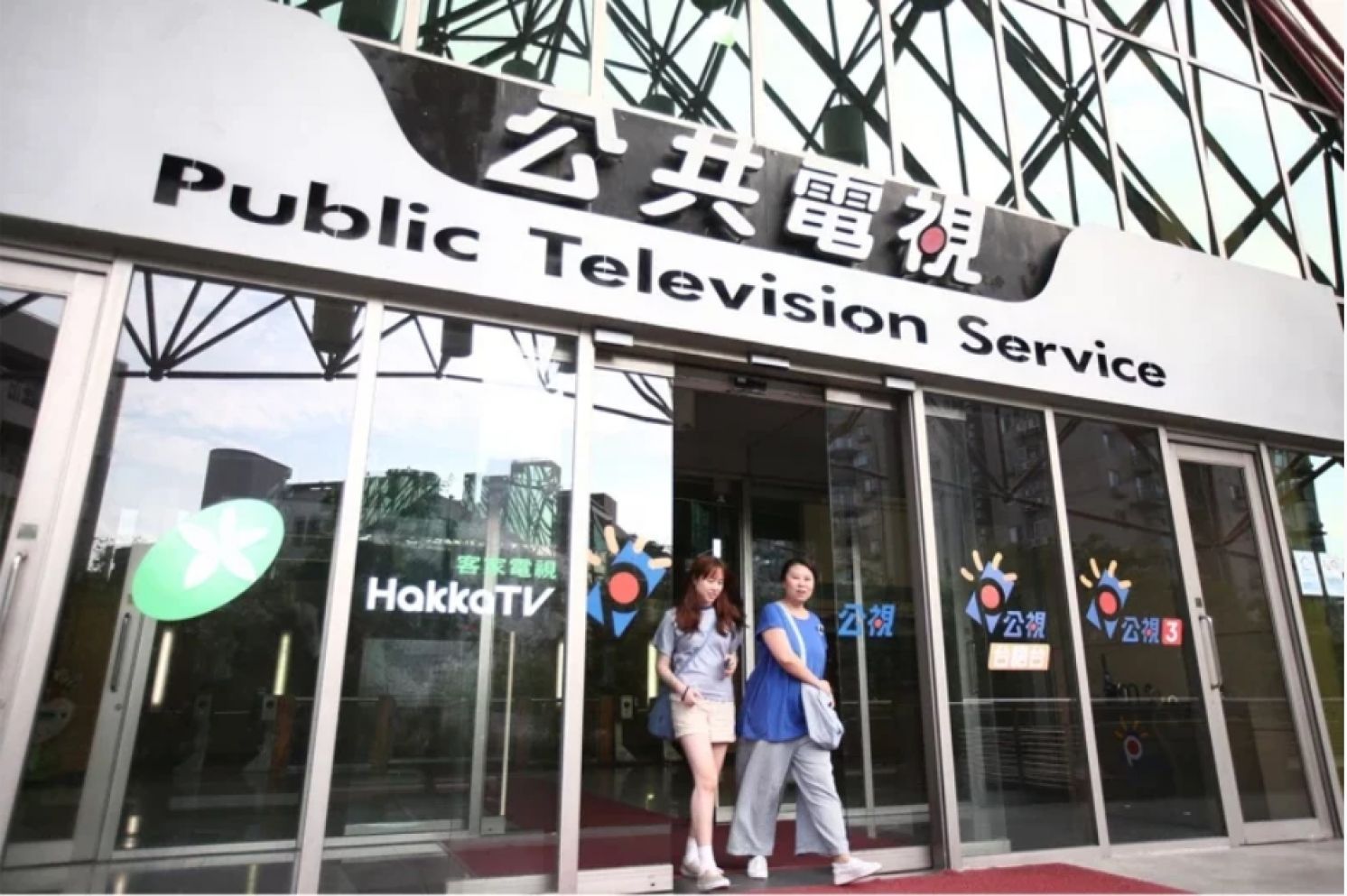
Suffering from Balance of Terror, PTS Might Become External Propaganda Machine
United Daily News Editorial, July 29, 2020
In order to determine whether the Public Television Service (PTS) should set up an "International Channel" at the request of the Ministry of Culture (MOC), the PTS's provisional board of directors went through a fierce fight.
There were two focal points of controversy on the board meeting. One was related to a procedural issue: the PTS management was secretly commissioned by the MOC to organize the international audio-visual platform while the board of directors was completely in the dark, which raised the issue of "procedural injustice." The other was the substantive issue: the opposing party rejected the government's intervention in the PTS, lest the proposed international channel become a tool of "grand strategy for external propaganda"; the favoring faction advocated that Taiwan should have a national platform on which we can speak up internationally. Two parties were locked in stalemate. The general manager and his deputy who admitted negligence in procedural matter eventually tendered their resignations in a bid to exchange for the support from the opposing faction on board meeting.
Only the issue of the establishment of an "international channel" in the PTS can post a paradox. In addition to the management covering up the procedural injustice, more importantly, some directors were dissatisfied with the arbitrary intervention of the Tsai administration, perceiving that the essence of PTS could be distorted and further reduced to the government's "external propaganda" machine. The reason lay in the fact that the annual government subsidy for the PTV amounted to only NT$0.9 billion (about US$30 million), but the Tsai administration asked the PTS to establish the international channel, which cost NT$5.8 billion (about US$ 197 million) in four years, far more than the PTV’s "main business" annual budget. Imagine that with the intervention of such a large amount of funds channeled to the proposed international channel, the proportion of the PTS’ "sideline business" will greatly exceed its current "main business"; in this way, can the PTS resist pressure from the government and not become its "external propaganda" machine?
The original purpose of the PTS was to make public channels free from commercial and political interferences. Once the PTS was positioned as the "national media team," its program contents will inevitably phase in political propaganda-oriented themes in a bid to serve "foreign people." As a result, the spirit of serving "the general public on Taiwan" will be gradually dashed. By then, could the PTS’ operations and programs remain unchanged?
The root cause of the dispute over the establishment of an international channel came from the "instruction" of the MOC. And even some high-level leaders at the top echelon of the government involved themselves in the PTS top brass assignments. All made the existing PTS members angry. Regarding the newly appointed Minister of Culture Lee Yung-te, although he was a media person, he lacked the persuasiveness to justify freedom of the press. For example, in early July, he had two Chinese Fuzhou-based Southeast Television reporters press cards and their entry permits revoked on the grounds that two SETV reporters had recorded programs of political nature in the TV studio. In fact, they had followed this practice for a long time under the former minister, and there had been no problem with them. Why did Minister Lee deal with the SETV reporters by the iron fist when he assumed his new role?
In fact, it was more reasonable for the Tsai administration to set up an international audio-visual platform, starting with the consolidation of the state-owned Central Broadcasting Corporation or the state-owned Central News Agency. In lieu of this, the government forced its hands on the PTS. Don't you know that government officials should keep their distance from the public broadcasting?
Isn’t Taiwan left speechless on international audio-video platform if the PTS can’t launch its international channel? With the government’s multiple records of intervening in independent regulatory agencies in recent years, if the PTS is reduced to a tool for international publicity, it will be a loss for all the people.
Note: The MOC scrapped the PTS’ “international audio-video platform” on July 29 after it sparked controversy following reports that the ruling Democratic Progressive Party (DPP) tried to use the platform as a mouthpiece and interfere with its personnel plans.
Update: Although the Ministry of Culture has terminated its plan with the Taiwan Public Television Service (PTS), many believe that government attempts to manipulate PTS in order to disseminate international propaganda will not end.